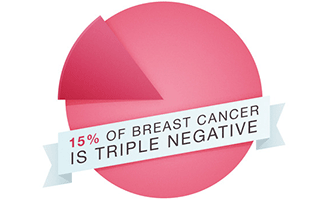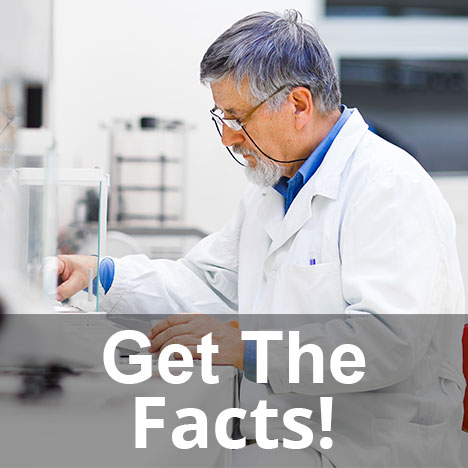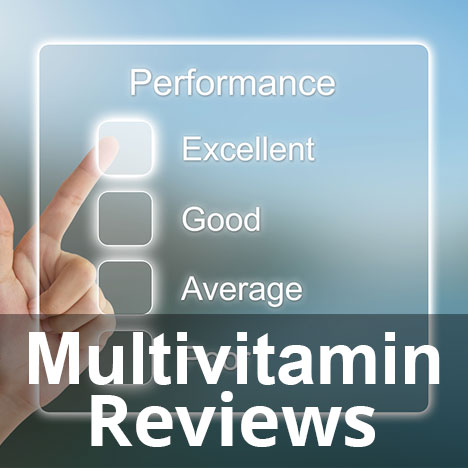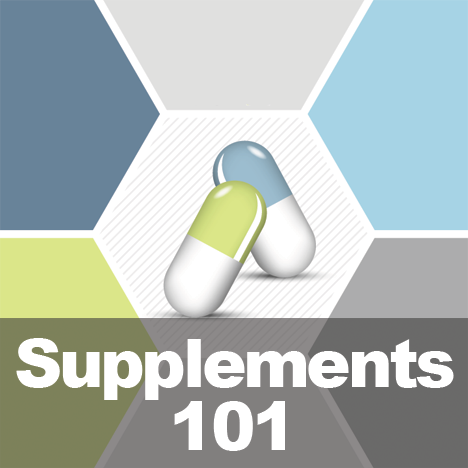Being a Vegan takes dedication and commitment. And oftentimes, more deliberate thought is put into meal preparation and consumption than is applied by a person who does not have any dietary restrictions. With that being said, being hyper aware of “what am I eating” is a pretty familiar frame of mind for a vegan to be in. Hopefully, this mindset pertains not only to what you should be avoiding, but also what you need to be consuming in an increased amount nutritionally, including the best vitamins for vegans.
Given our current society’s reliance on fast food, and processed food, it becomes more essential to make an extra effort to consume our needed amount of nutrients via supplementation in conjunction with conscious living practices. Below, we’ve laid out some areas that Vegans may want to stay aware of, and make sure they are getting the right amounts of what their body needs nutritionally.
PROTEIN
We really can’t write about the special dietary needs of Vegans, without discussing Protein. Granted, nothing can grate at the nerves of a seasoned Vegan or Vegetarian more then when people ask, “But how do you get your protein??”
Animal meat is obviously not the only source of protein, but it often is relied upon in most of the western culture’s diet. Whether one is traveling, and having to eat out a great deal, or visiting family or friends who are not familiar with the vegan lifestyle, it is important to remember to make extra effort to consume the proper amount of plant based protein. In those situations, you usually cannot rely on simply eating what is available and removing the meat or dairy, because what is usually left behind is mostly carbohydrates. The best sources for protein for vegans come from beans, legumes, nuts, seeds, soy products, and whole grains. Given that these items do contain less percentage of protein in relation to mass than animal meat, a Vegan should be mindful to incorporate beans, legumes, nuts, seeds, soy products, and whole grains into every meal and snack, as opposed to meat, in which a person could only eat once a day.
Best Vegan Vitamins: What to Look for
-
MyKind Organics
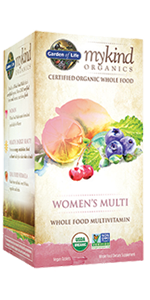 The highest quality whole-food, certified organic, vegan and non-gmo multivitamin we have yet to find, My Kind Organics is a premiere, new family of vegan supplements from Garden of Life.
The highest quality whole-food, certified organic, vegan and non-gmo multivitamin we have yet to find, My Kind Organics is a premiere, new family of vegan supplements from Garden of Life.
$10 Off & Free Shipping at iHerb w/code LHB893
VITAMIN B12
The next important nutrient that is essential, and often harder for Vegans to get easily, is Vitamin B12, which is only available naturally in meat, eggs, and dairy. Vitamin B12 is essential to the proper production of red blood cells and in the maintenance of the nervous system. If an individual were to be severely deficient in Vitamin B12 for an extended period of time they become highly at risk for macrocytic anemia. Macrocytic anemia, if untreated, results in shortness of breath, heart palpitations, numbness and tingling in the hands and feet, and eventually memory loss, dizziness, mood changes, loss of vision and irreversible nerve damage. Vegans can get some of their daily Vitamin B12 via fortified faux meats and veggie patties, and fortified cereals, non-dairy products, and Nutritional Yeast. It is recommended that someone maintaining a Vegan diet also supplements with at least 10 mcg of Vitamin B12 daily.
CALCIUM
Vegans may also have a harder time getting a sufficient amount of Calcium as well. This is why it is important for them to try and consume non-animal based foods that are high in calcium, such as chickpeas, broccoli, dried figs, enriched whole-wheat bread, calcium-set tofu, and calcium-fortified soy cheese, orange juice, or cereal. Calcium is important for bone health and also for proper blood clotting, so it is not a nutrient that should be put on the back burner of, “I’ll get it if/when i can”. Even people who do consume animal products are often faced with the challenge of not being able to take in the required 1,000 milligrams a day of calcium, so as you can imagine, Vegans are even more dependant on a whole food sourced supplement of calcium. It is best to look for a supplement of calcium that is derived from a whole food source such as kelp, marine algae, or some other intense dark green plant. These are very high in calcium and are structured in a way that the body can easily absorb and utilize, unlike synthetic calcium or calcium derived from rocks or shells. The plant source is also naturally equipped with a plethora of supporting trace element that help support the Calcium’s effectiveness.
VITAMIN D
It is a good idea to pair the topic of the importance of Vitamin D with any discussion of Calcium, as former assists in the absorption of the later. But Vitamin D provides a great deal of benefits beyond calcium absorption. Vitamin D plays an important role in disease prevention, it has been shown to reduce risks of Multiple Sclerosis, Heart Disease, and even Influenza. Many of you most likely know that we produce Vitamin D naturally via our skin’s reaction to moderate sun exposure. But as I am also sure many of you can attest, in today’s modern society it can be a challenge to do so. Most people work indoors during much of the daylight hours, so taking a supplement form of Vitamin D can be incredibly helpful. Now when it comes to being Vegan, it is imperative that you be aware that there are two separate forms of supplemental Vitamin D. Vitamin D2, which is commonly derived from yeast, and Vitamin D3 which is derived from the skins of animals such as cows, pigs, sheep and goats. Obviously taking the Vitamin D3 variety is not an option for Vegans or Vegetarians. There has been research that revealed that the D2 variety is absorbed and utilized and a rate that is 60% lower than that of the Vitamin D3 variety. Taking that into consideration, it is recommended that Vegans take 1,020 IU of Vitamin D2 daily in order to compensate for the loss in absorption.
IRON
Iron is somewhat similar in that there are two forms, Heme and Non-heme. Heme is found in animal meat, and Non-heme is found primarily in plant matter. The Institute of Medicine recommends that Vegans and vegetarians consume 14 mg ( Men and Post-menapasaul Women) and 33 mg ( Pre-Menapausal Women) of Non-Heme Iron a day. The best whole food sources are, legumes, fortified veggie meats, nuts and seeds, prunes, raisins, blackstrap molasses, fortified cereals and grains, kale, and broccoli. Keep in mind that Spinach, beet greens, rhubarb, and Swiss chard are not the ideal sources of Iron that you might think of them as. This is because they also contain oxalates which bind with the iron, and make it harder for the body to absorb. Another good thing to do, is to be sure and pair vitamin C with non-heme iron in order to boost its absorption into the bloodstream. However, Iron is a nutrient that it is possible to consume too much of and reach toxicity levels, so it is recommended to speak to a physician and determine exactly what your blood iron levels are in order to best determine how much you need to be supplementing.
ZINC
Zinc is another nutrient that you should be careful not to over consume, but it does serve a vital role in metabolism, immunity and healing so it is recommended that you incorporate the appropriate amount of zinc into a daily multivitamin, approximately 4mg to 60 mg, as opposed to a stand alone zinc supplement.
OMEGA 3 FATTY ACIDS
Omega 3 Fatty Acids are an incredibly important part of brain function, and have been found to improve cardiovascular health, help with joint pain and mobility, and even affect mood. Most people are familiar with these fatty acids in the heavily marketed form of “fish oil”. Fish is an excellent source of Omega 3 Fatty Acids, but for Vegans that is clearly not an option, so it is recommended for Vegans to take a sufficient amount of Omega 3s from a plant based source, such as Flax Oil. Plus, certain forms of Algae are also an excellent source of Omega 3s and many companies have developed supplements utilizing this potent sustainable resource as well.

